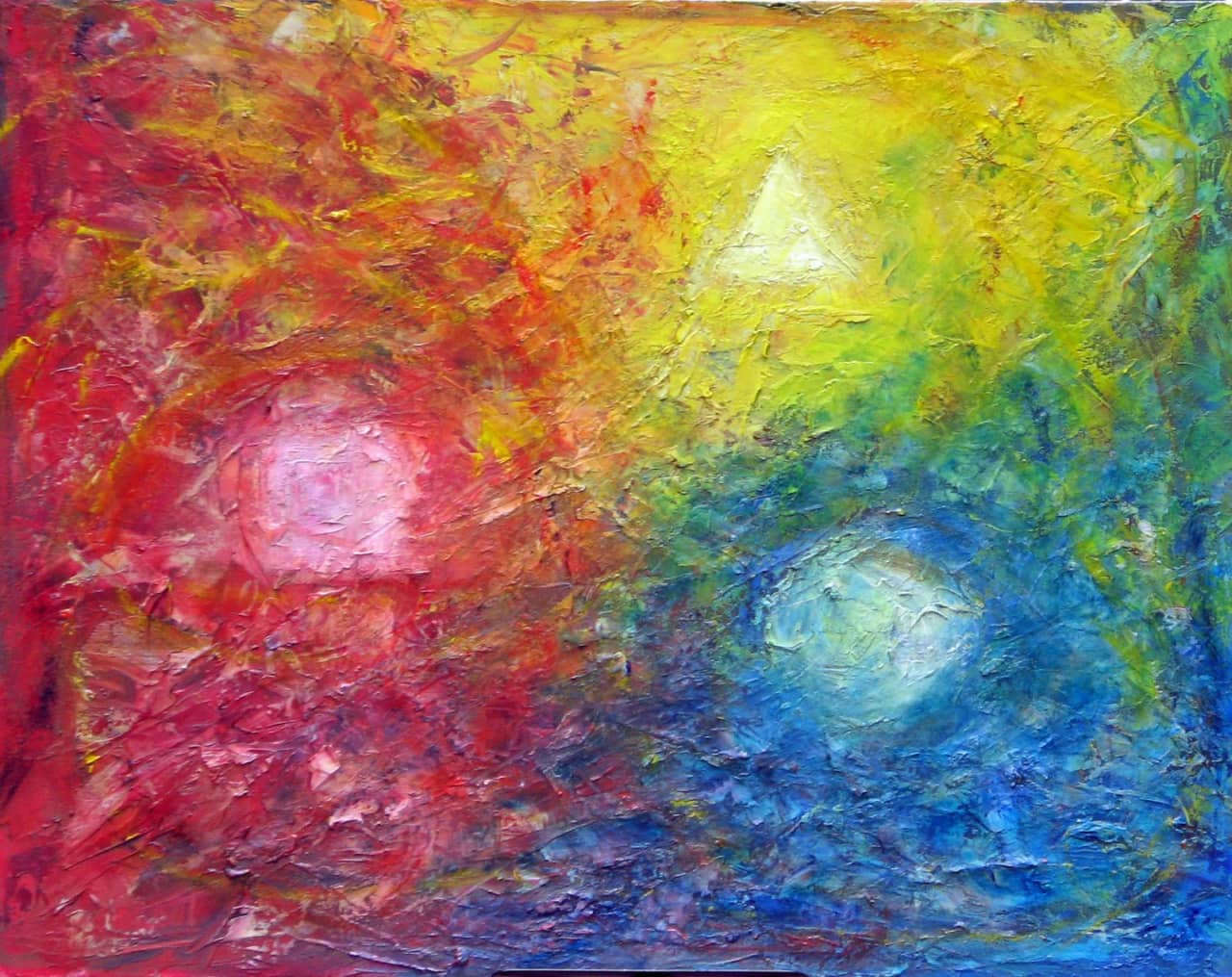How are God and sin related? How can we conceptualize these words in mysticism, going beyond the traditional religious definitions and descriptions?
Tag: Son of God
God is the Transcendent IN the Immanent
The Transcendent isn't somewhere else or something else, but is the divine ground within all things, the empty essence from which all things arise and take on form.
Trinitarian Symbolism in terms of other Metaphysical Philosophy, Theology, and Science
The Christian Trinitarian formula has been expressed in many other ways throughout history, including in secular disciplines. Here are some possible correlations.
Do we Give Birth to God’s Children? A Mystical Interpretation
Did we live before our mortal lives? Was there a premortality? Do we bring God's children into the world? Yes, but not literally.
Why Love Another? What for? Mysticism Doesn’t Just Tell Us—It Shows Us!
What is Love? How do we know it? How are we One in it? The mystical experience shows us directly not only what Love is, but that we are Love.
A Mystical Reinterpretation of the Mormon (Christian) view of the Nature of God
This is my response to a recent video produced by the LDS Church on the nature of God. My reinterpretation moves away from the supernatural dualistic interpretation, towards a more immanent nondualistic interpretation of the Divine.
My Vision for the World
My vision is that we will realize ourselves as One, as Love, as Light, as the Cosmos itself.
Is God a Male Human, or Two Males, or maybe Three? Do I hear Four? Or is it More?
Thinking of God as a male human(s) out in the universe somewhere seems to be a primitive, magical, supernatural, and archaic conception of the Divine, literalizing the pronouns of "He" and "Him," and in the Christian tradition of "Father" and "Son." I've written about this specifically at least once before, but it's worth discussing more.
What does it mean to be “a god”?
There are stories, legends, mythologies, folklore, traditions, histories, scriptures, and texts from all around the world which tell us of humans who have reached the stature of the gods. They have, in essence, become "a god." Some recognizable examples are people such as Jesus, Siddhartha Gautama (Buddha), and Muhammad. The process that these went through has been called theosis, deification, divinization, realization, awakening, and enlightenment. What does it mean to become or be "a god"?
Margaret Barker on the Radical Original Understanding of Resurrection
The Methodist biblical scholar, Margaret Barker, wrote a book published in 1996 titled The Risen Lord in which she proposed that "the original understanding of resurrection may in fact be Jesus’ mystical experience at his baptism, when he was raised up and transformed into the divine Son."









